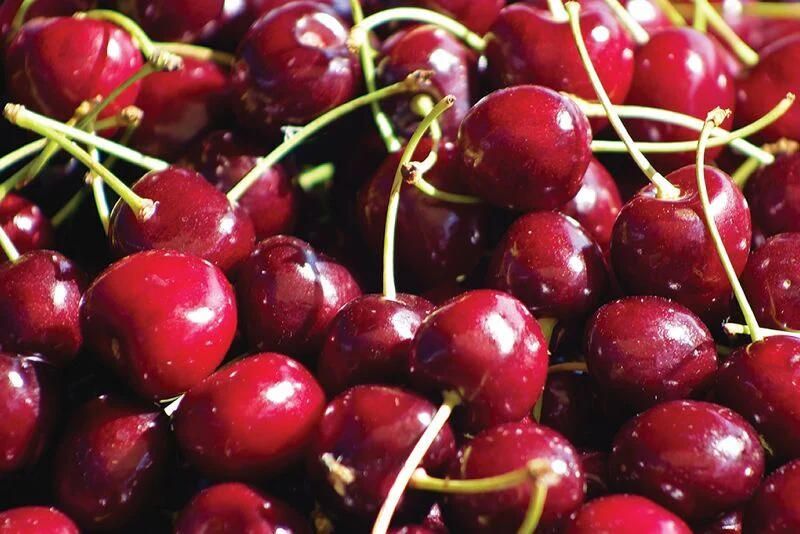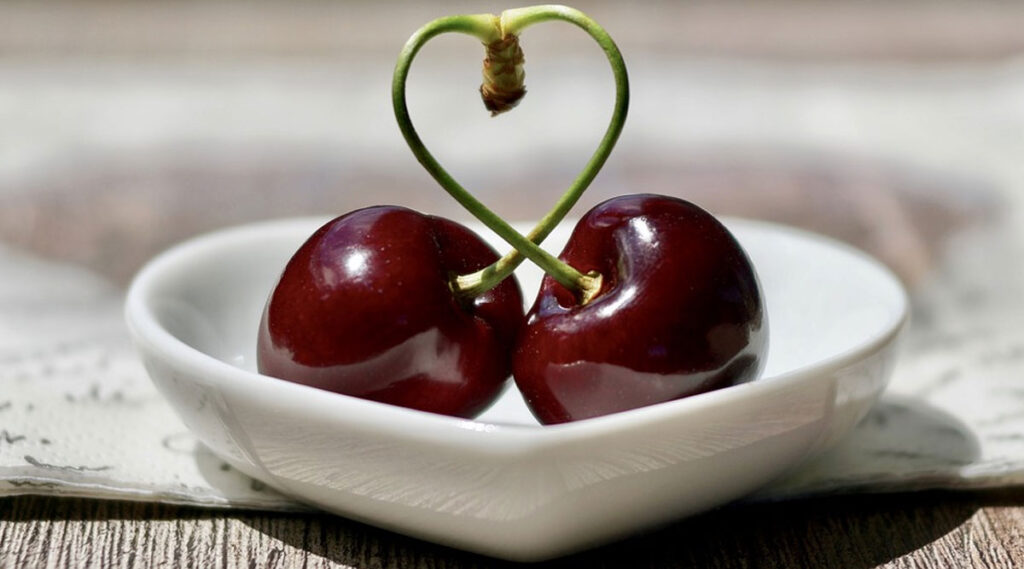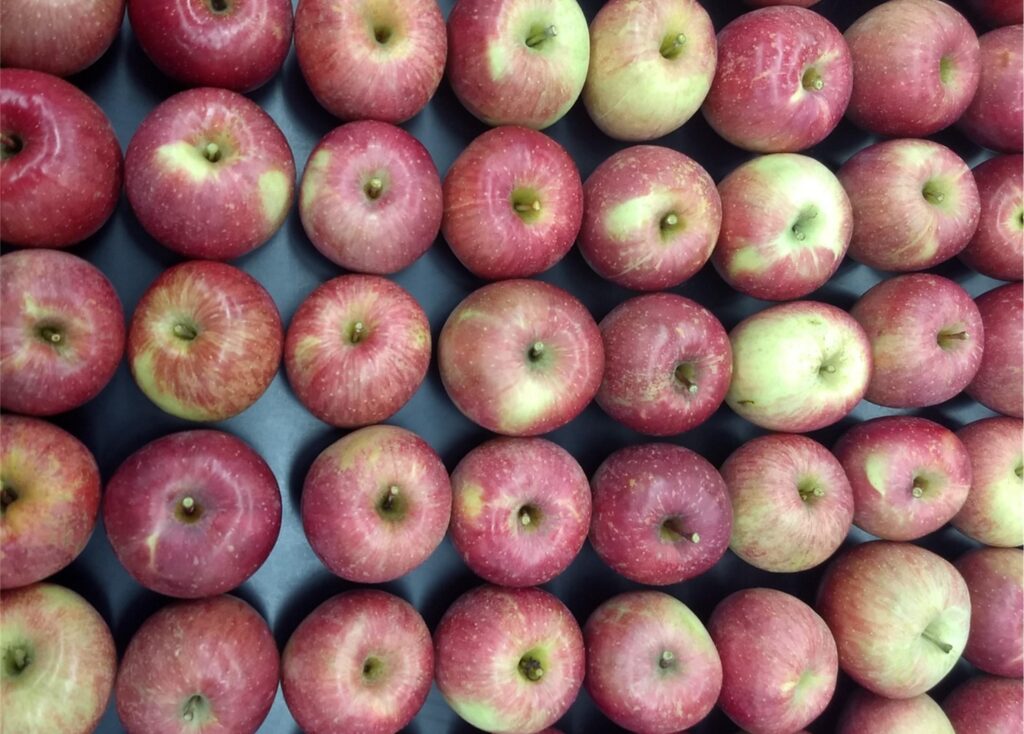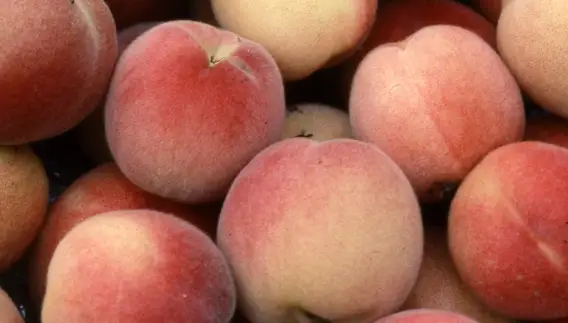Have you ever asked yourself if a pomegranate is a citrus fruit? It’s a good question, as pomegranates and citrus fruits like orange and lemons look a bit similar but also have clear differences. This article will clear up any confusion about what makes a citrus fruit and where pomegranates fit in.
Pomegranates have been eaten for a very, very long time. They’re not just tasty – people have used them to help with different health problems. In many places, they also stand for good luck and having lots of kids. Citrus fruits, though, are famous for their sour taste and are used a lot in food and drinks because they’re healthy and tasty. But is a pomegranate also a citrus fruit? Let’s see what we can find out.
Table of Contents
Defining Citrus Fruits
Citrus fruits come from the Rutaceae family. These fruits are usually very juicy and taste sour because they have citric acid. You might know fruits like oranges, lemons, grapefruits, limes, and tangerines – these are all citrus fruits.
Common Features of Citrus Fruits
There are a few things you usually see in citrus fruits that make them special compared to other fruits. Here’s what sets them apart:
- Skin that’s not thick and can be peeled off easily
- The inside is split into wedges
- Juicy, sour inside
- Lots of vitamin C and other good-for-you substances
- Oils in the skin and inside that smell nice
About Pomegranates
A pomegranate is a type of fruit that’s from the family named Lythraceae. The pomegranate is originally from the Middle East and has been grown by people there for a really long time. If you’ve seen a pomegranate, you’ll know it’s got a deep red color, tastes sweet yet a bit tart, and has seeds that you can eat.
Pomegranate Features
What makes pomegranates different from other fruits? They have some special features, like:
- Tough and thick skin that’s hard to open
- Seeds that are covered in a soft, juicy part
- A sweet and tangy taste
- Packed with good nutrients and antioxidants
What Do Pomegranates and Citrus Fruits Have in Common?
Even though pomegranates are not citrus fruits, they do have things in common. Both of them:
- Are juicy with a bit of a sour taste
- Are full of vitamin C and antioxidants, which are great for your health
- Can be used in cooking and added to other foods for extra flavor
- Have been enjoyed by people for thousands of years
How Pomegranates and Citrus Fruits Are Different
Even with some things in common, pomegranates and citrus fruits are quite different in some important ways. Here’s how they don’t match:
- Pomegranates have hard skin that’s not easy to peel, but citrus fruits have softer skin that peels off smoothly.
- Inside a pomegranate, you’ll find seeds with juicy coating, but citrus fruits have sections of juicy pulp.
- The taste of a pomegranate is unique and not the same as the sour taste of citrus fruits.
- Because of their genes and these differences, pomegranates are not in the same group as citrus fruits.
So, Is a Pomegranate a Citrus Fruit?
No, pomegranates are not citrus fruits. They are part of the Lythraceae family, not the Rutaceae family like citrus fruits. Their tough skin and seeds also make them very different. But, they do share some nice qualities with citrus, like being full of vitamins and good for your health.
Enjoying Pomegranates
There are many ways to eat pomegranates, based on what you like. Here are some ideas:
- Eat the seeds just the way they are
- Scatter the seeds on top of salads, yogurt, or oatmeal
- Drink pomegranate juice or mix it into smoothies
- Make jelly, jam, or a sauce with the seeds
Final Thoughts
So, in the end, pomegranates are not citrus fruits, because their genetic background and some key features make them different. Still, they do have some things in common, like being very nutritious. Pomegranates are full of health-friendly stuff and can be enjoyed in a bunch of tasty ways.









